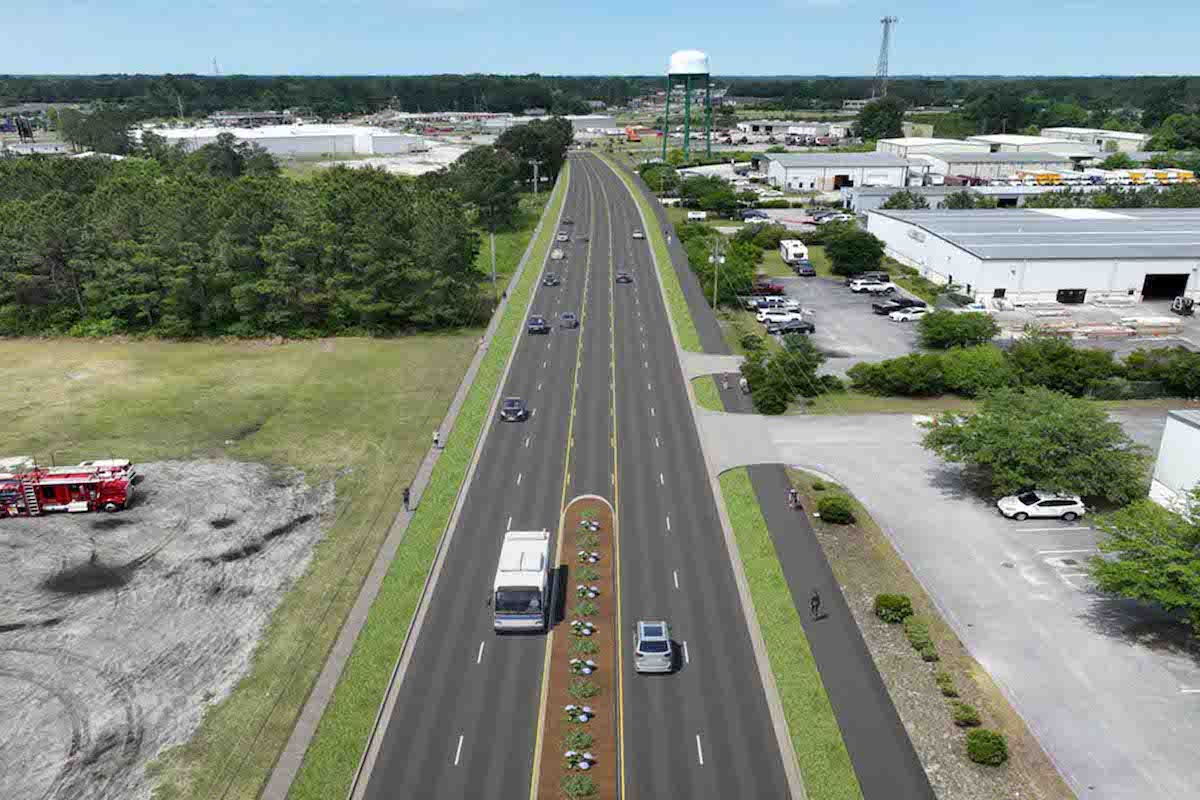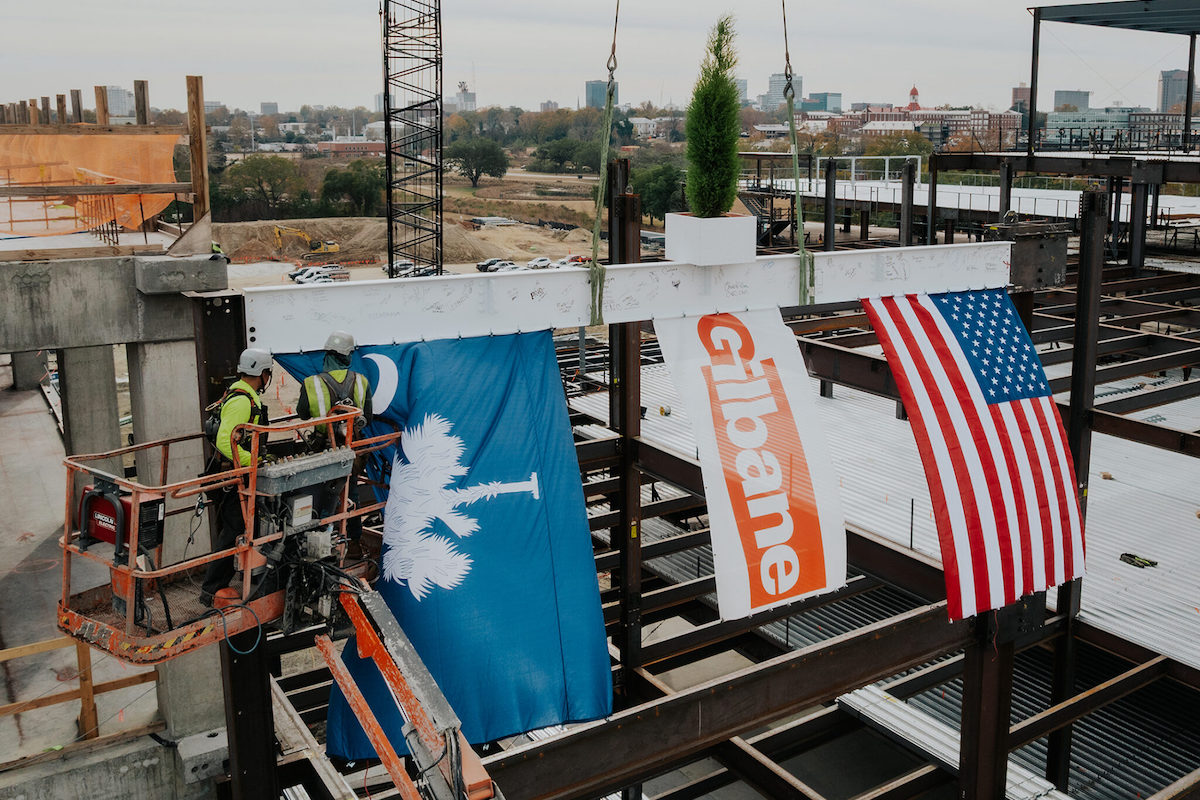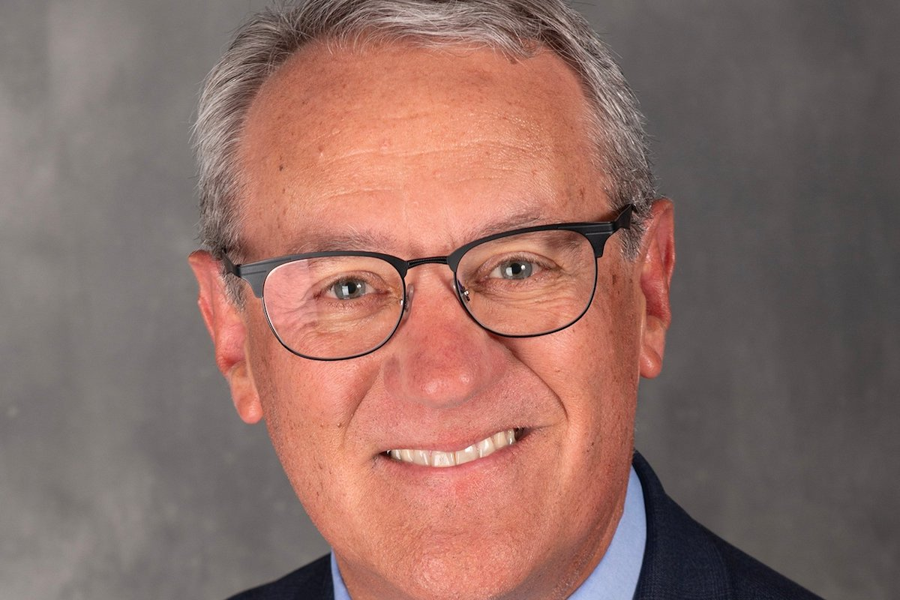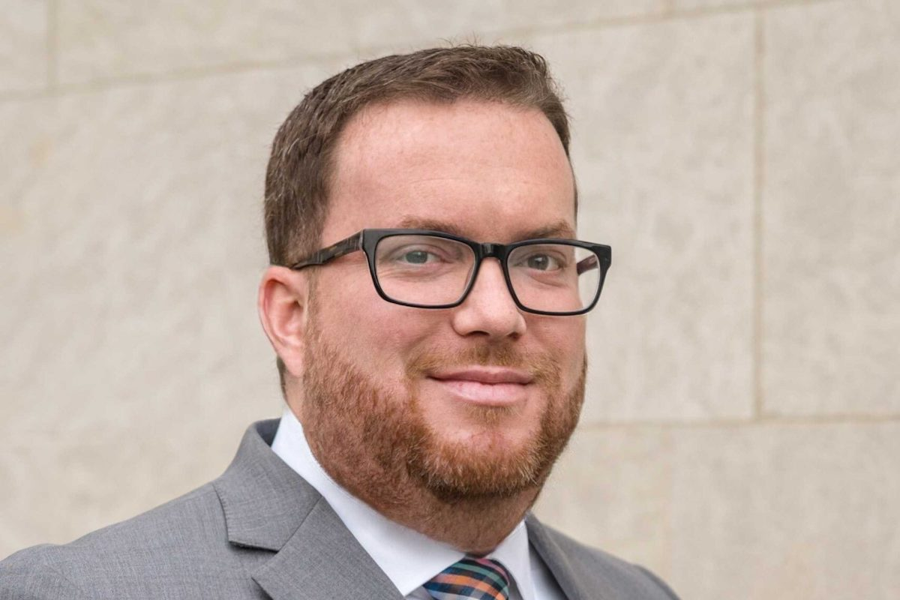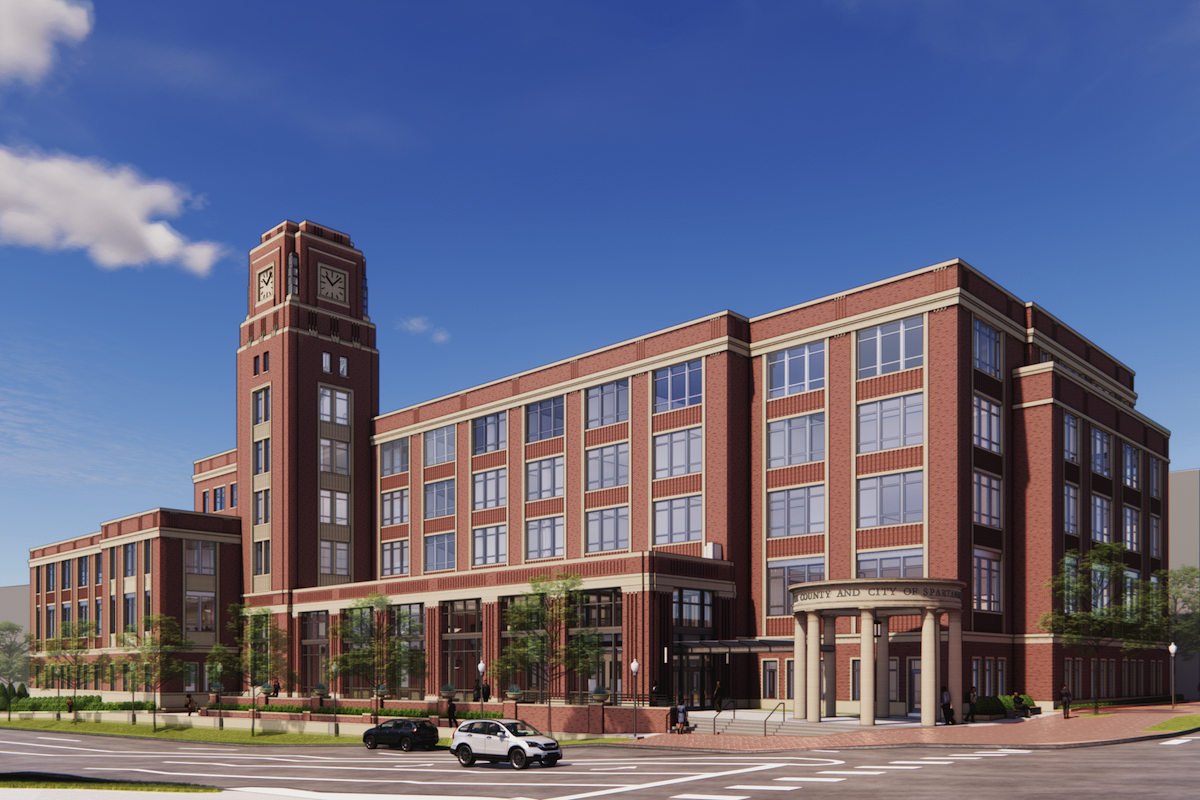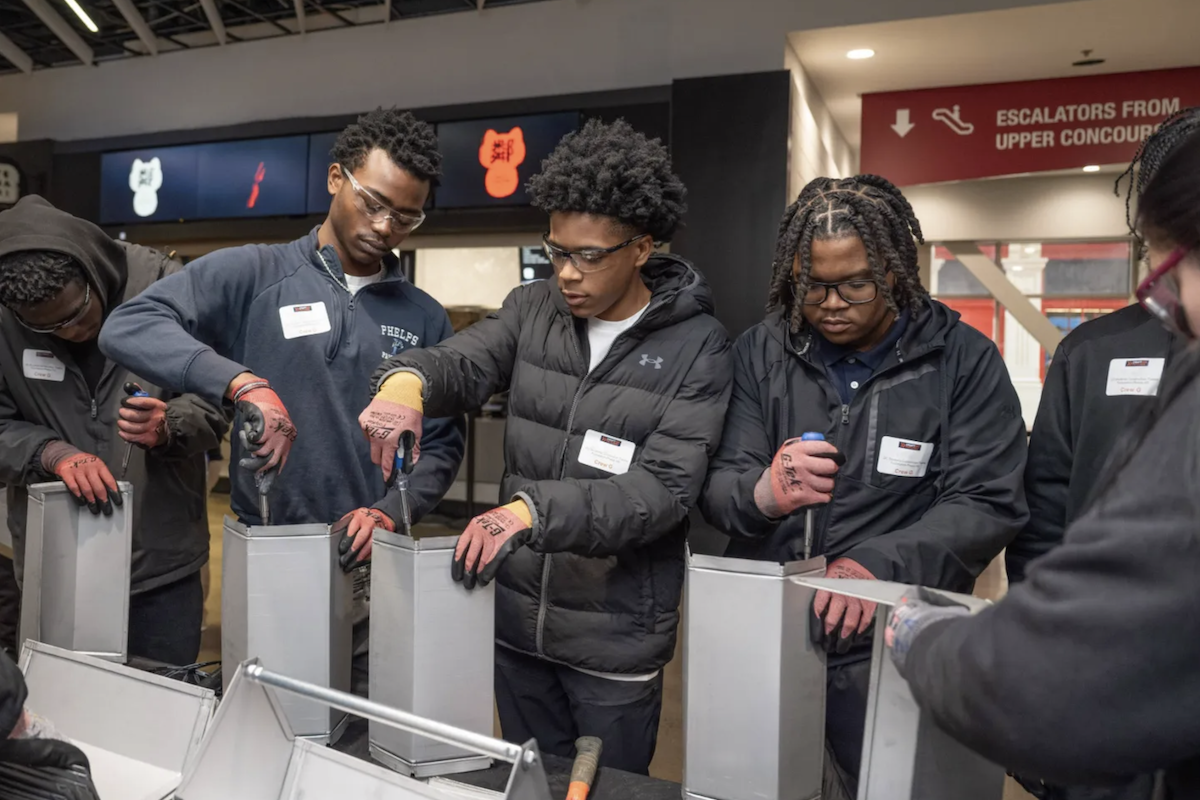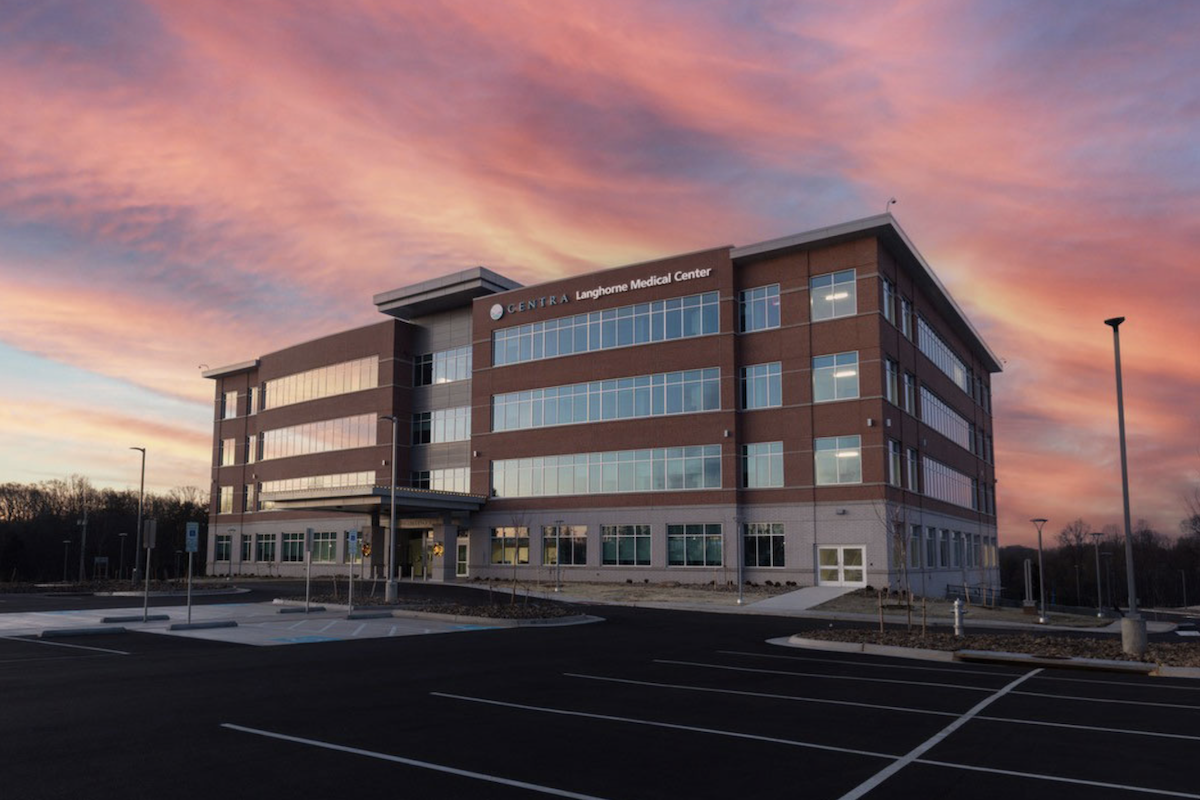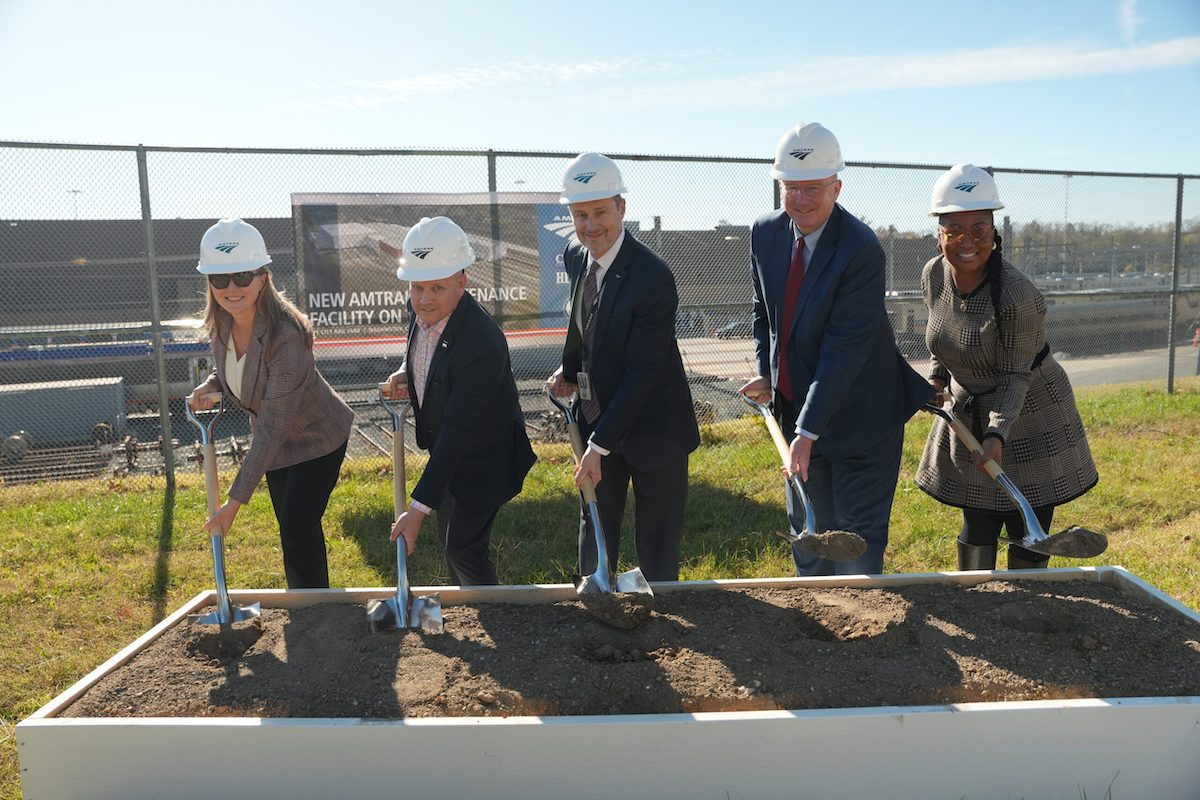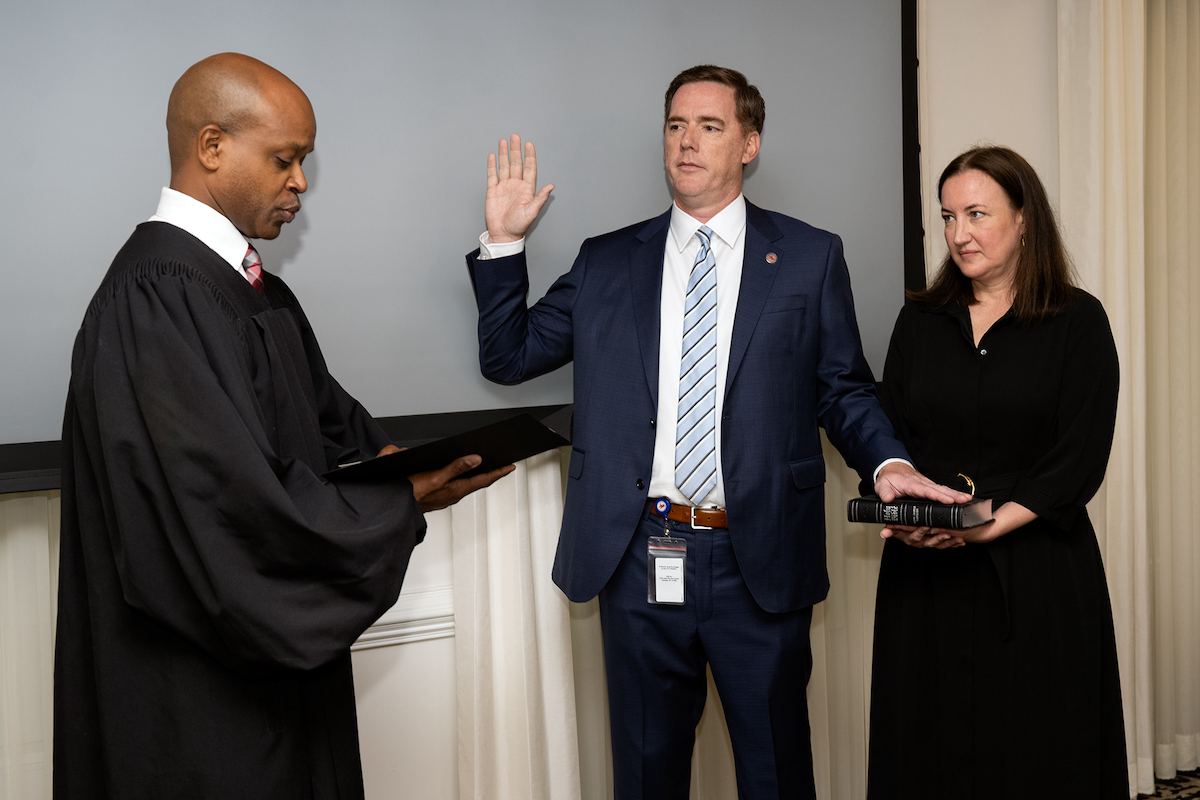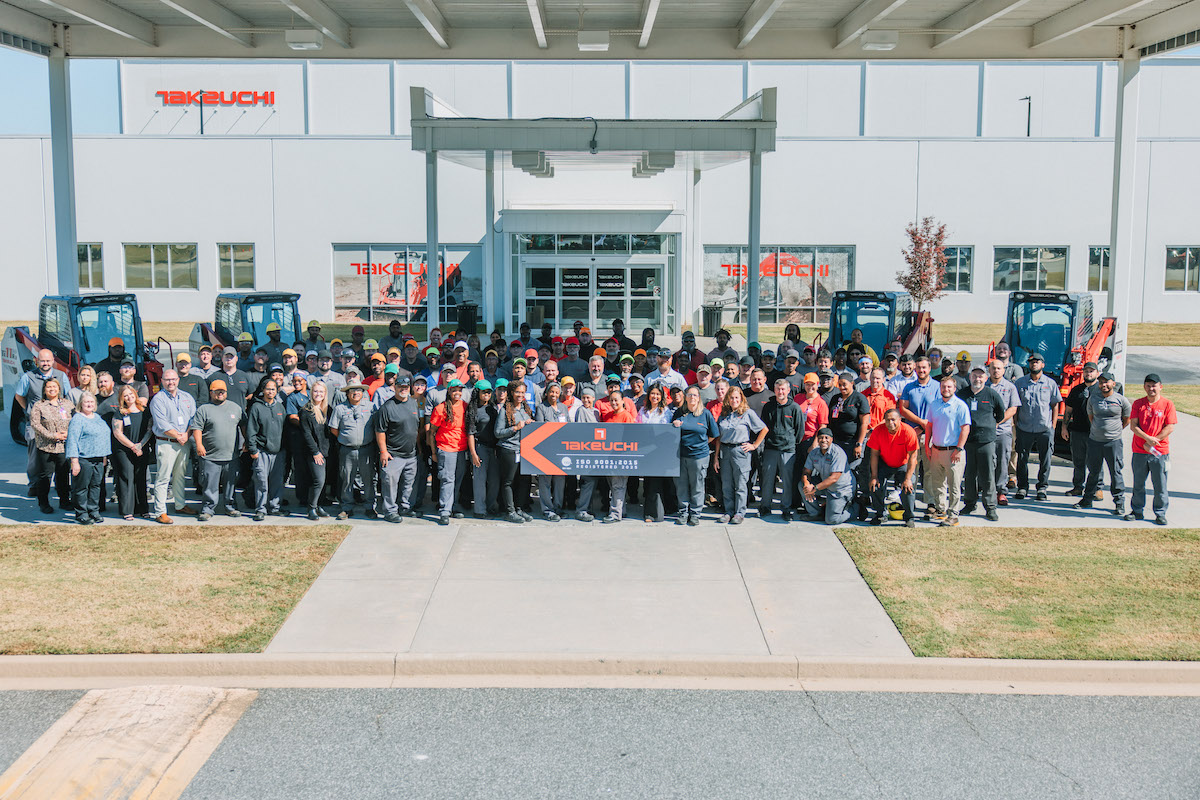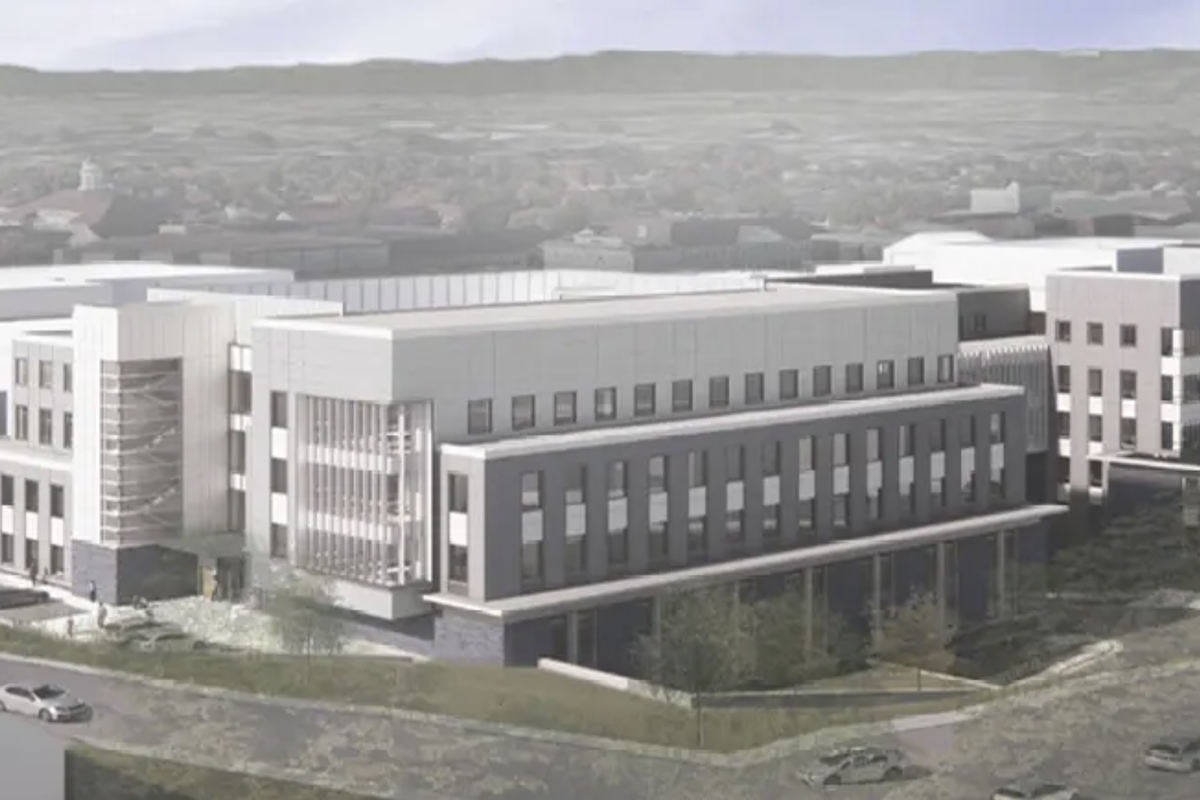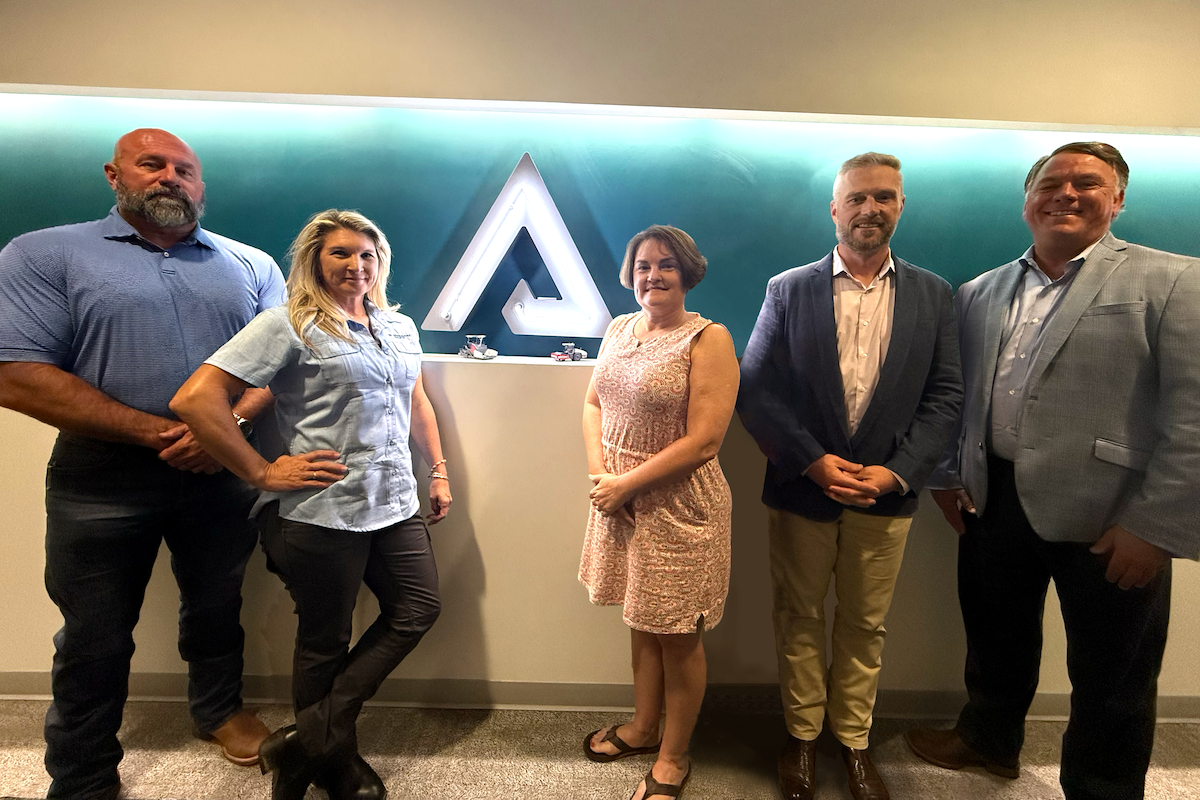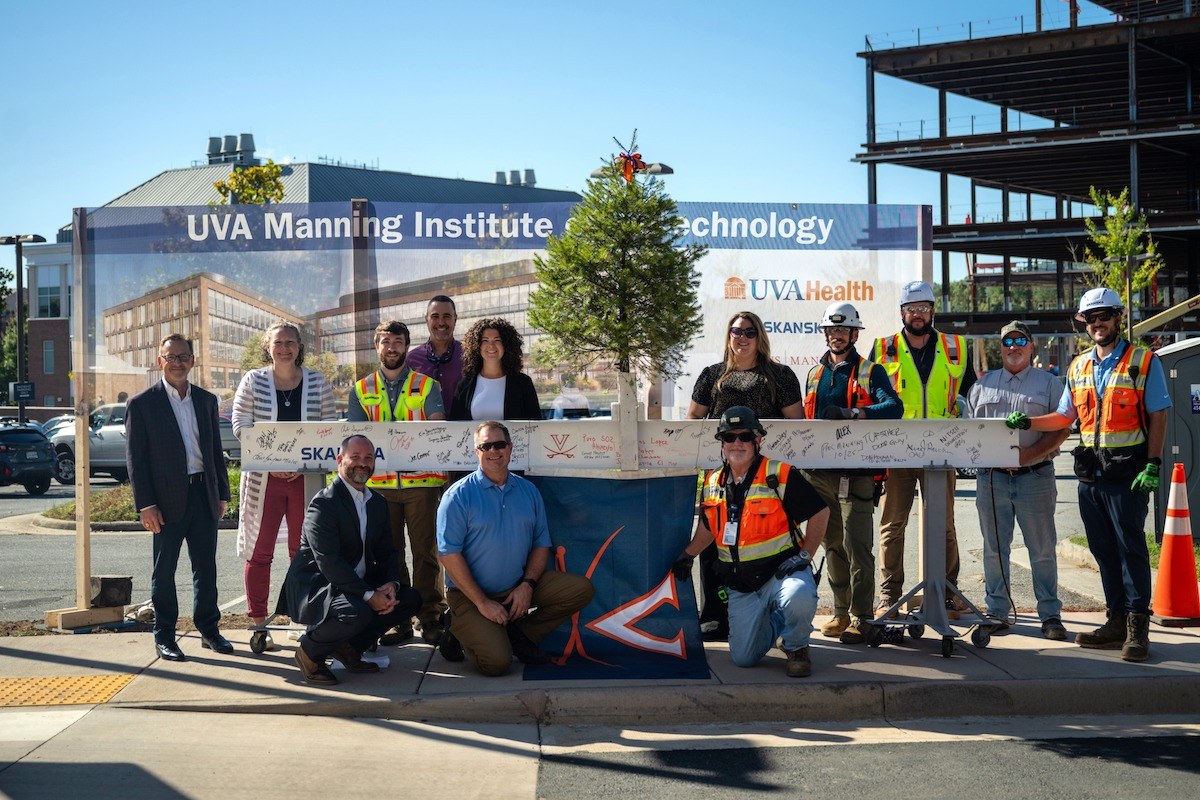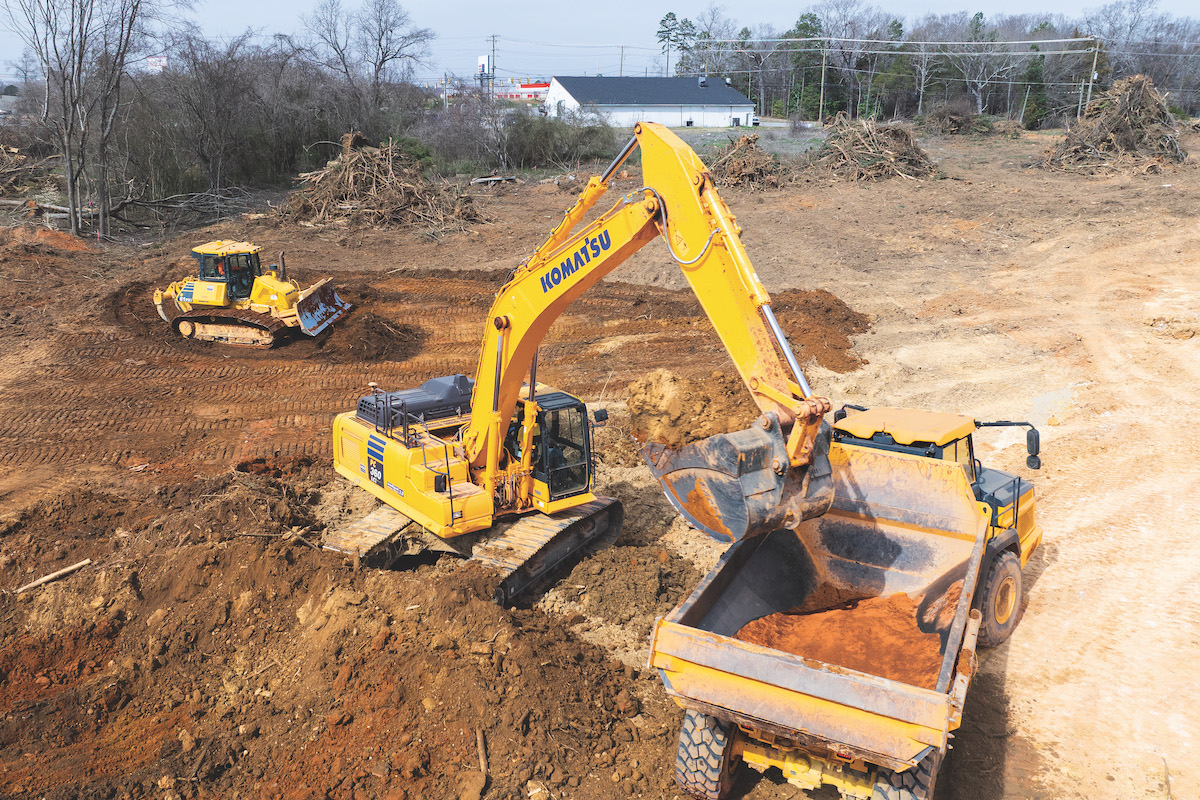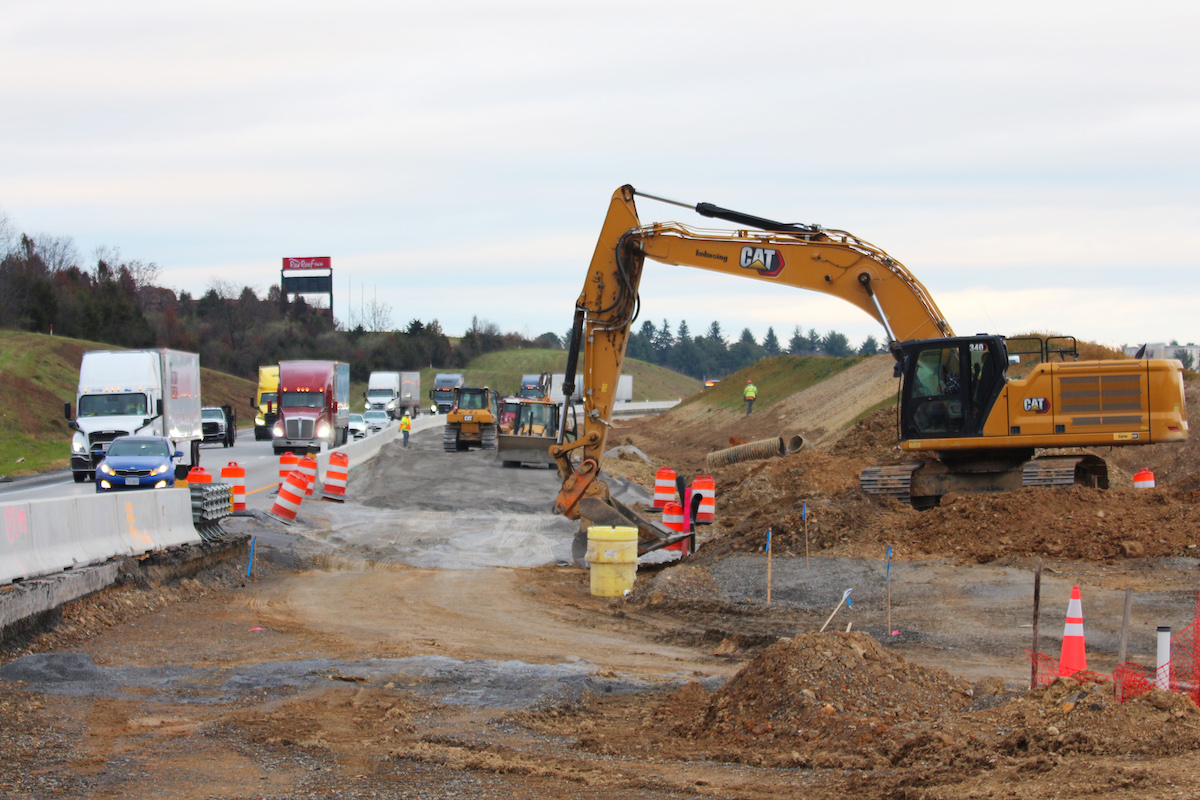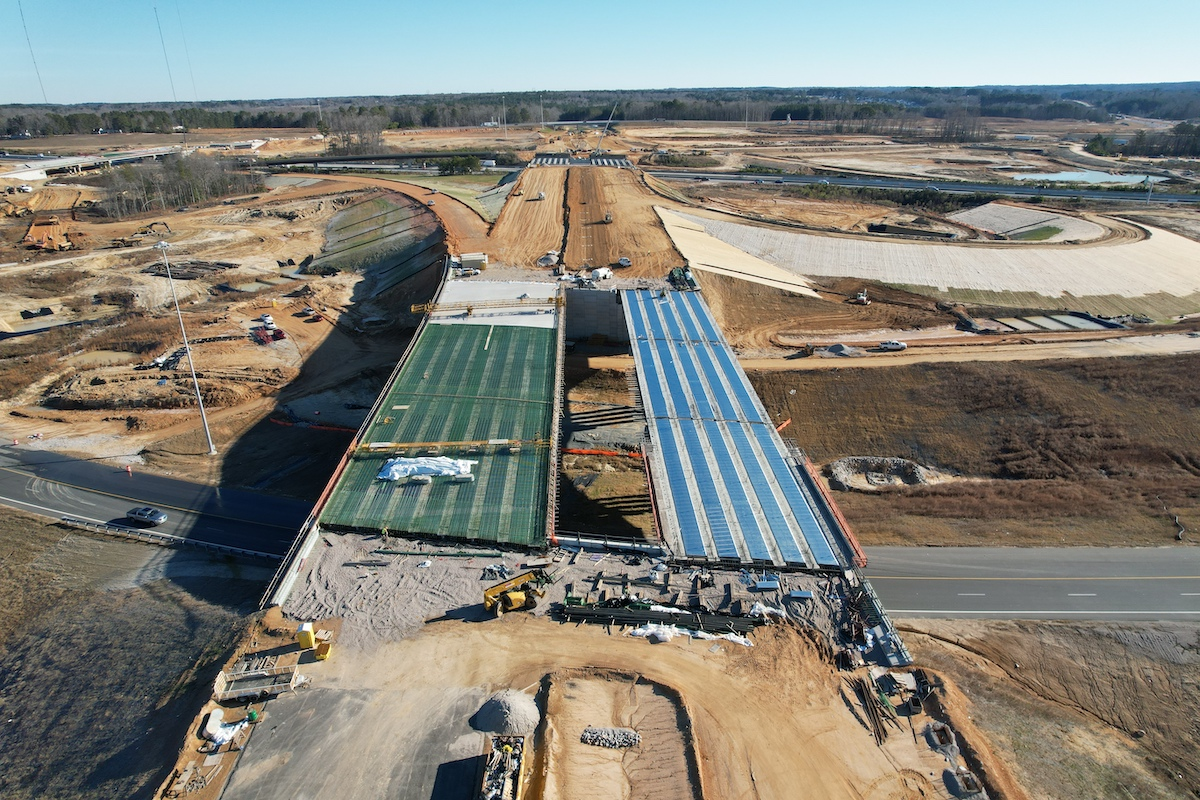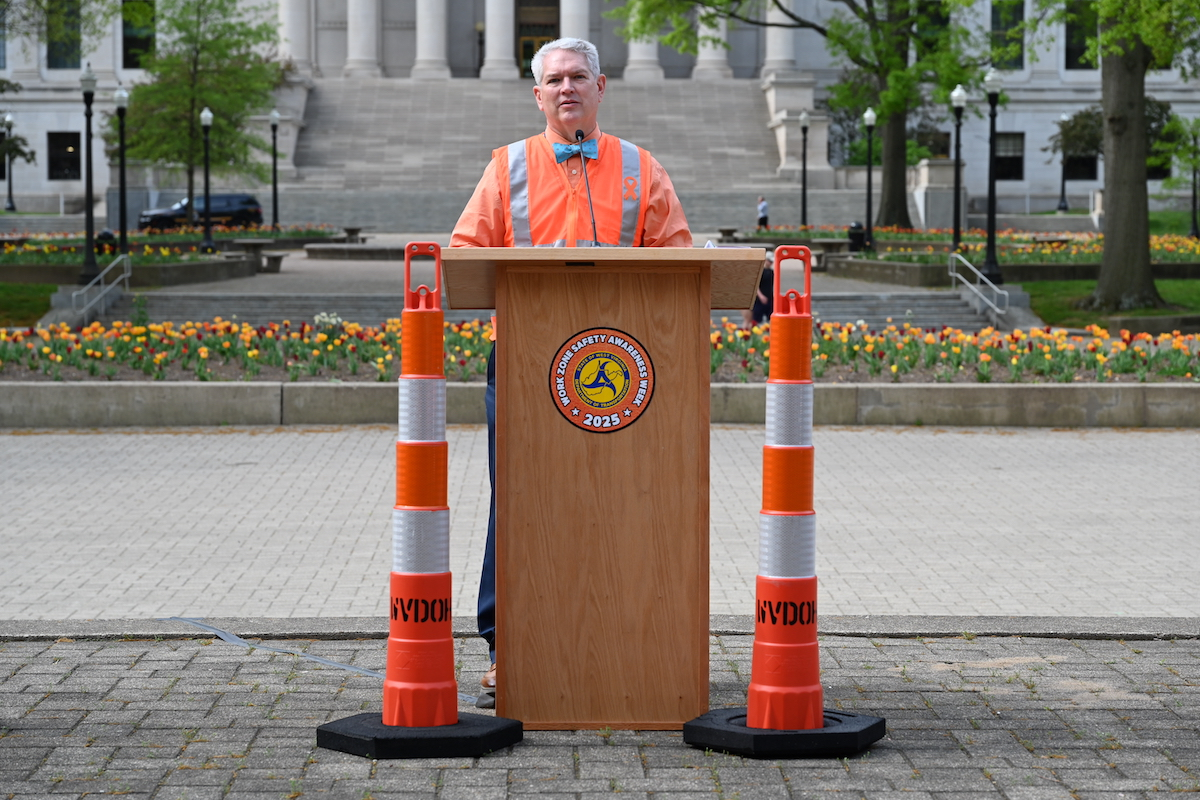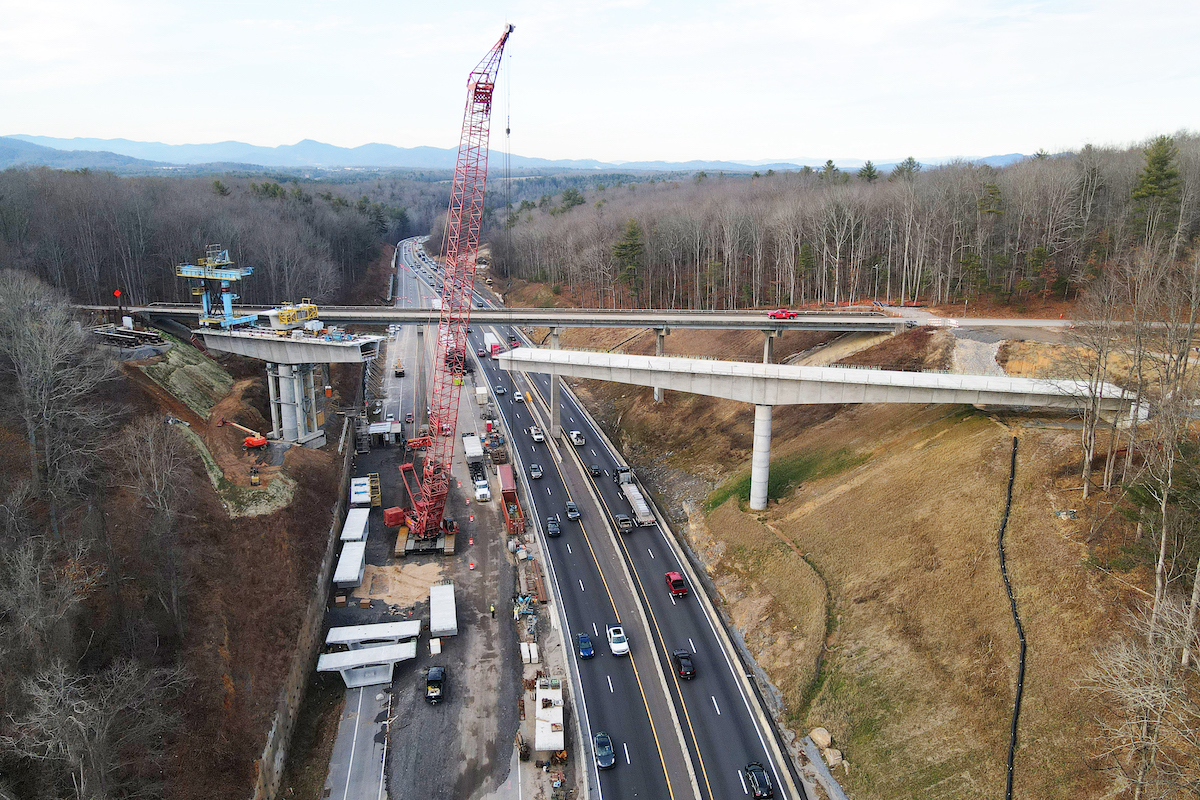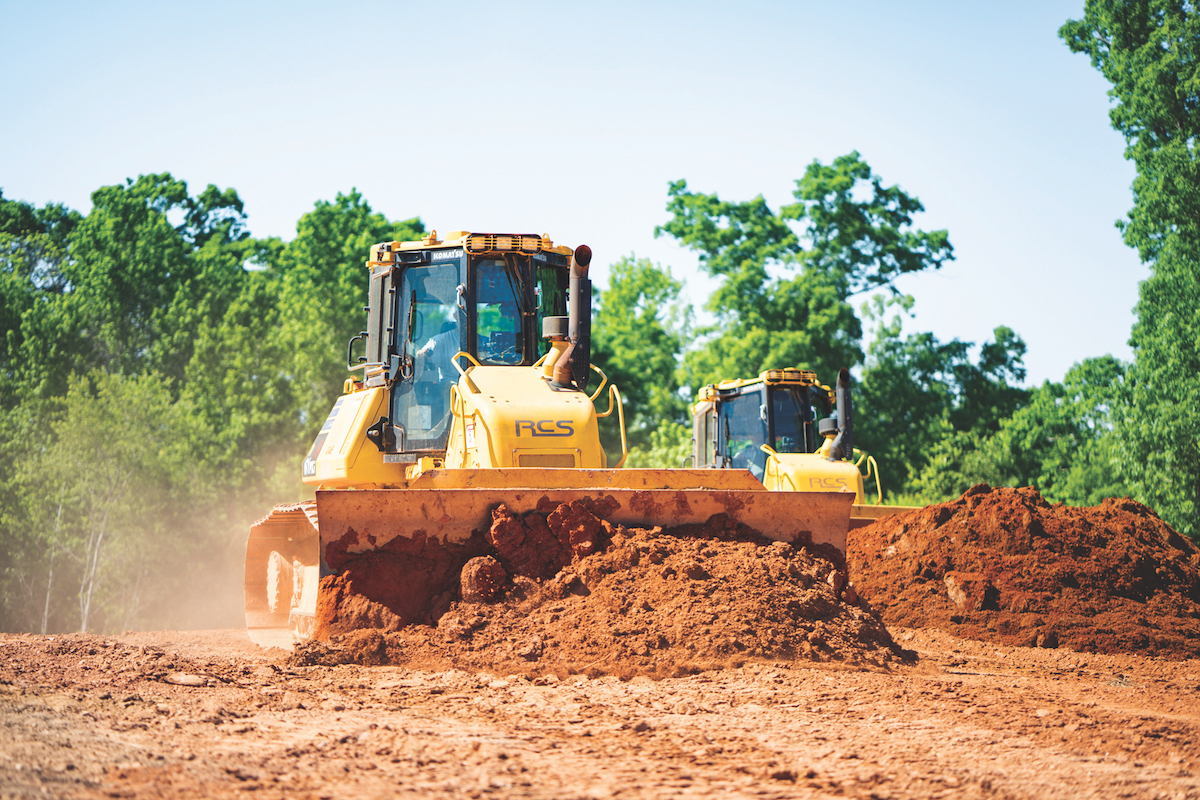The TRIP report, “Keeping Virginia Mobile: Providing a Modern, Sustainable Transportation System in the Old Dominion State,” finds that throughout Virginia, increasing traffic congestion impedes personal and commercial mobility, the state’s traffic fatality rate rose significantly from 2019 to 2022, more than one-third of major roads are in poor or mediocre condition, and 4% of bridges (20 feet or more in length) are rated poor/structurally deficient.
From 2000 to 2019, vehicle travel in Virginia increased by 14%. Due to the COVID-19 pandemic, vehicle travel in Virginia dropped by as much as 45% in April 2020 (as compared to vehicle travel during the same month the previous year). By 2022, vehicle miles of travel (VMT) in Virginia had rebounded to 2% below 2019’s pre-pandemic levels. During the first six months of 2023, VMT in Virginia was 3% higher than the first six months of 2022, surpassing pre-pandemic VMT levels. Congested roads, highways, and bottlenecks choke commuting and commerce and cost Virginia drivers $5 billion in 2022 in the form of lost time and wasted fuel.
Statewide, more than one-third of major locally and state-maintained roads are deteriorated, with 13% in poor condition and 23% in mediocre condition. Driving on deteriorated roads costs the average Virginia driver an additional $536 each year in extra vehicle operating costs (VOC). Extra vehicle operating costs total $3.2 billion statewide and include accelerated vehicle depreciation, additional repair costs, and increased fuel consumption and tire wear.
Statewide, 4% of Virginia’s bridges are rated poor/structurally deficient, with significant deterioration to the bridge deck, supports, or other major components. In Virginia, 44% of the state’s bridges are 50 years old or more. Most bridges are designed to last 50 years before major overhaul or replacement, although many newer bridges are being designed to last 75 years or longer.

| Your local Wirtgen America dealer |
|---|
| Dobbs Equipment (SC) |
From 2018 to 2022, 4,479 people were killed in traffic crashes in Virginia. The state’s 2022 traffic fatality rate of 1.20 fatalities for every 100 million miles traveled is lower than the national average of 1.35. In Virginia, traffic fatalities began to increase in 2020 even as vehicle travel levels decreased dramatically due to the COVID-19 pandemic. The number of traffic fatalities continued to increase in 2021 and 2022. The number of annual fatalities in Virginia increased 21% from 2019 to 2022, from 831 to 1,005, and the state’s fatality rate per 100 million VMT increased 23%, from 0.97 to 1.20 during that time. This significant increase in the number of fatalities and the rate of fatalities per 100 million VMT happened while vehicle travel in the state decreased by 2% overall from 2019 to 2022.
“Virginia is putting increased state and federal transportation dollars to good use and making needed improvements to its transportation network,” said Dave Kearby, TRIP’s Executive Director. “But, the state’s ability to provide a smooth, reliable, and safe transportation system depends on long-term, consistent, and sufficient funding. A safe and reliable transportation system that is maintained in good condition and offers improved mobility and accessibility to meet the needs of Virginia residents, businesses, and tourists alike, is critical to keeping Virginia mobile and moving the state forward.”












